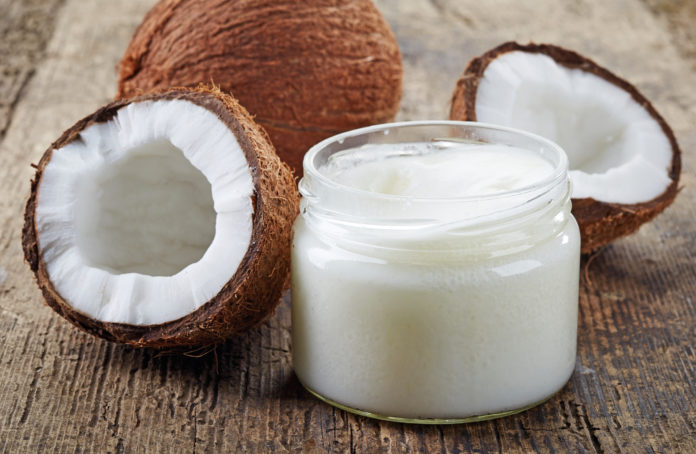The American Heart Association recently released a report advising against the use of coconut oil.
Coconut oil is commonly sold as a health food and some claim the fat in it may be better for us than other saturated fats. The American Heart Association, however says there are no good studies to support this. It says people should limit how much saturated fat they eat, replacing some of it with unsaturated vegetable oils, olive oil and sunflower oil, and their spreads.
The Dietary Fats and Cardiovascular Disease advisory reviewed existing data on saturated fat, showing coconut oil increased LDL-Low density lipoprotein, bad cholesterol in seven out of seven controlled trials.
Eating a diet high in saturated fat can raise the level of (LDL) bad cholesterol in the blood, which, in turn, may clog the arteries and increase the risk of heart disease and stroke.
Researchers didn’t see a difference between coconut oil and other oils high in saturated fat, like butter, beef fat and palm oil. In fact, 82% of the fat in coconut oil is saturated, according to the data, far beyond butter 63%, beef fat 50% and pork lard 39%.
In the case of coconut oil, the surprise that came with the advisory was because of its many supposed health benefits that the authors did not back up while at the same time advising the public against using the product.
However, it is also important to note that most food products contain a combination of both good and bad fats. For instance, in the same report, coconut oil was also found to have 6 grams and 2 grams of monounsaturated fats and polyunsaturated fats per 100 grams respectively.
Naturally, the ratio between the good and the bad fat levels in coconut oil cannot be considered balanced, but while we wait for scientific backing regarding its health benefits, the advisory reminds the public that it is relevant to seriously consider the things that we place in our bodies.
Take note, although there are clear distinctions between the two types of fats, moderation is still the key to taking advantage of the health benefits of unsaturated fats, while lowering the negative effects of saturated and trans fats.
‘Because coconut oil increases LDL cholesterol, a cause of cardiovascular disease (CVD), and has no known offsetting favorable effects, we advise against the use of coconut oil’, the American Heart Association said in the Dietary Fats and Cardiovascular Disease advisory.
Frank Sacks, lead author on the report, said he has no idea why people think coconut oil is healthy. It’s almost 100% fat.
The advice around which fats to eat can be very confusing. Animal fats, such as lard, are generally seen as bad, while plant oils, such as olive and sunflower, are seen as healthier options. That theory is based on how much of one particular type of fat, saturated fat these products contain.
Low fat tips
- Grill, bake, poach or steam food rather than deep frying or roasting
- Trim visible fat and take skin off meat before cooking
- Spoon off fats and oils from roasts, casseroles, stews and curries
- When making sandwiches, try leaving out the butter or spread: you might not need it if you’re using a moist filling
Nutrition experts point out that coconut oil may well be good to use on your body, just not in your body.



























